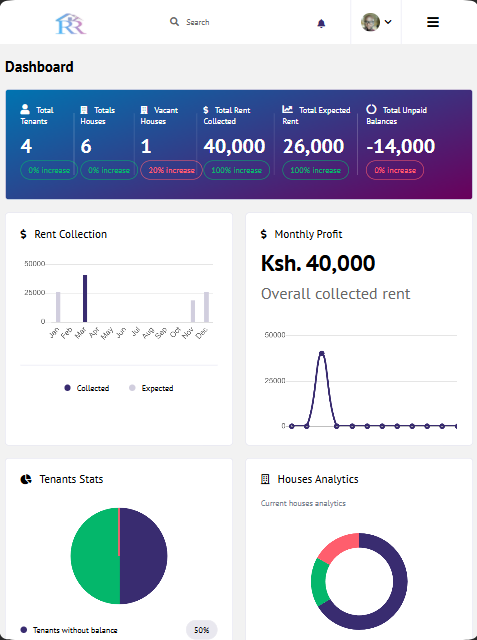1. Performance That Matches Your Needs
The CPU is the brain of your computer. It handles everything from running applications to executing complex calculations. A new-generation CPU typically features improved architecture, faster clock speeds, and enhanced energy efficiency.
Example: Consider the Intel Core i3-10100F (10th generation) versus the Intel Core i7-12700 (12th generation). While both have similar clock speeds, the i7-12700 includes more cores and threads, enabling it to handle multitasking and demanding applications like video editing or gaming with ease. This is especially noticeable if you're a content creator or gamer: the newer CPU ensures you won't experience frustrating lags.
2. Longevity and Future-Proofing
Technology evolves rapidly, and older CPUs struggle to keep up with modern software demands. A new-generation CPU will likely support future updates and advancements in operating systems and applications.
Example: AMD Ryzen 5 5600X (Zen 3 architecture) is optimized for Windows 11 and supports PCIe 4.0 for faster SSDs. Comparatively, older CPUs like the Ryzen 5 1600 struggle with these advancements. Choosing the newer Ryzen 5 5600X ensures your computer won't become obsolete anytime soon.
3. Efficiency and Battery Life
Modern CPUs are built with efficiency in mind, using less power and generating less heat, which translates to better battery life in laptops and cooler operation in desktops.
Example: Apple's M2 chip, found in the latest MacBooks, significantly outperforms older Intel-based MacBooks in energy efficiency. Users report up to 20 hours of battery life on the M2 MacBook Air compared to just 10-12 hours on older models, making it ideal for professionals who need portability without compromise.
4. Disk Size and RAM: Secondary Considerations
While storage and memory matter, they are often easier and cheaper to upgrade than the CPU. Even with a large hard drive or 32GB of RAM, a computer with an outdated CPU will struggle to perform demanding tasks.
Example: Imagine a laptop with 16GB of RAM and 1TB of storage running on a 6th-generation Intel Core i5 processor. It may look impressive on paper, but its older CPU architecture will bottleneck performance. Compare this to a laptop with 8GB of RAM, 512GB of storage, and a 13th-generation Intel Core i7 processor—you'll find the latter far superior in overall usability despite its slightly lower RAM and storage.
Final Advice
When buying a laptop or desktop, prioritize the CPU. Look for the latest generation processors from reputable brands like Intel, AMD, or Apple. While disk size and RAM are important, they play a supporting role to the CPU, which fundamentally dictates your computer's speed, efficiency, and future viability.
Invest wisely—your computer will thank you. With the right CPU, you'll enjoy a machine that meets today's needs while staying ready for tomorrow's challenges. What kind of tasks do you rely on your computer for? Let me know, and I can suggest some suitable CPUs for your needs!









